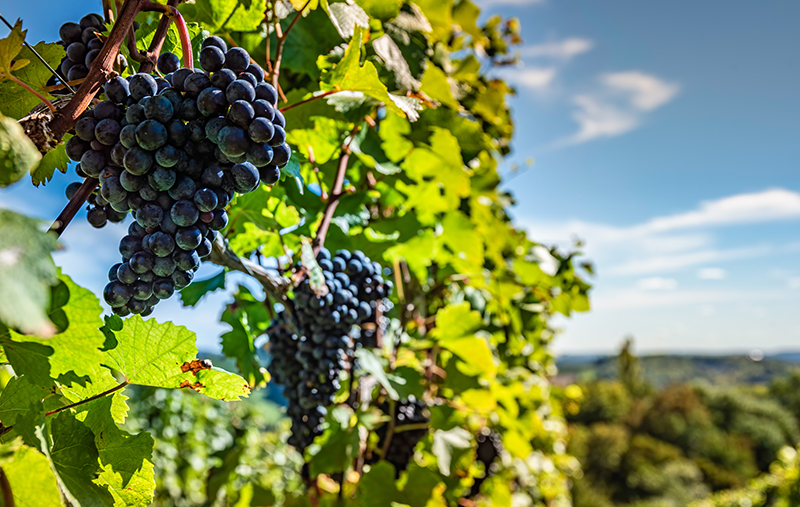In horticulture, there are two branches of scientific study dedicated to grapes – viticulture and viniculture. While both areas of study are concentrated on the cultivation and growing of grapes, they do have their differences, the main one being that viniculture pertains specifically to grapes being grown for winemaking while viticulture pertains to the growing of all grapes, including whole grapes intended for fresh consumption or “table grapes” as well as grapes grown to be dried to make raisins, preserved in jams and jellies, or crushed to make juice.
Despite that difference, it is not uncommon for viticulture and viniculture to be used interchangeably when discussing the production of wine and this can naturally lead to some confusion. The fact that those who study viniculture are also called viticulturists can cause even more confusion. So, in this post, we will take a closer look at the other branch of study, viticulture.
What is Viticulture?
Viticulture is the scientific study of grapes, in which the emphasis of study is most often on growth and production. It gets its name from the most common grape vine, Vitis vinifera, which has been cultivated by humans since as far back as the neolithic era. The primary role of the viticulturist is to monitor the growth of the grape vines and fruit development by implementing various strategies to maximize results, such as pest and disease control, irrigation, fertilizing, canopy management, and more. The viticulturist is also the person who decides when to harvest and when to prune the vines during winter.
Viticulturists play an integral part of the winemaking process because good vineyard management is crucial for producing the ideal grape characteristics. As a result, they tend to work intimately with winemakers.
Where are Grapes Mostly Grown?
While the native territory of Vitis vinifera (the common grape vine) ranges from Western Europe to the Persian shores of the Caspian Sea, the vine can be found growing successfully on every continent except Antarctica because it adapts to new environments so easily.
Today, Italy is the largest producer of grapes in the world, with France and the United States not far behind. Other countries with exceptionally high grape production include Spain, China, Turkey, Argentina, Iran, Chile, and South Africa.
Best Climate for Growing Grapes
Of all the factors that go into growing grapes, climate is the most significant because it plays such a large role in the grape’s inherent qualities. But climatic factors such as temperature and rain can also be unpredictable and uncontrollable. Therefore, it can be almost impossible to replicate a grape’s characteristics year after year. Due to climate variations, every harvest produces unique qualities and yields of grapes, especially when it comes to wine grapes because these varieties are especially susceptible to climate and temperature variations.
Ideally, grape vines being cultivated for winemaking need approximately 1300–1500 hours of sunshine during the growing season and around 27 inches of annual rainfall (received mostly during the winter and spring) to produce suitable results. A long, warm summer of 200 days or more with temperatures ranging from 77 to 90 degrees Fahrenheit helps the grapes to develop a balance between the levels of acids and sugars and it helps the fruit to ripen fully. Conversely, grapes that receive too much rain at harvesttime increases crop risks like fungal diseases and berry splitting.
Best Soil for Grapes
Besides climate, the quality of the soil is also important because for the plants to thrive, they need to have strong root systems. The best soil for grapes should have a few distinct qualities, including good aeration, loose texture, good drainage, and moderate fertility. Of all these qualities, drainage is widely considered the characteristic that most affects vine growth and health.

